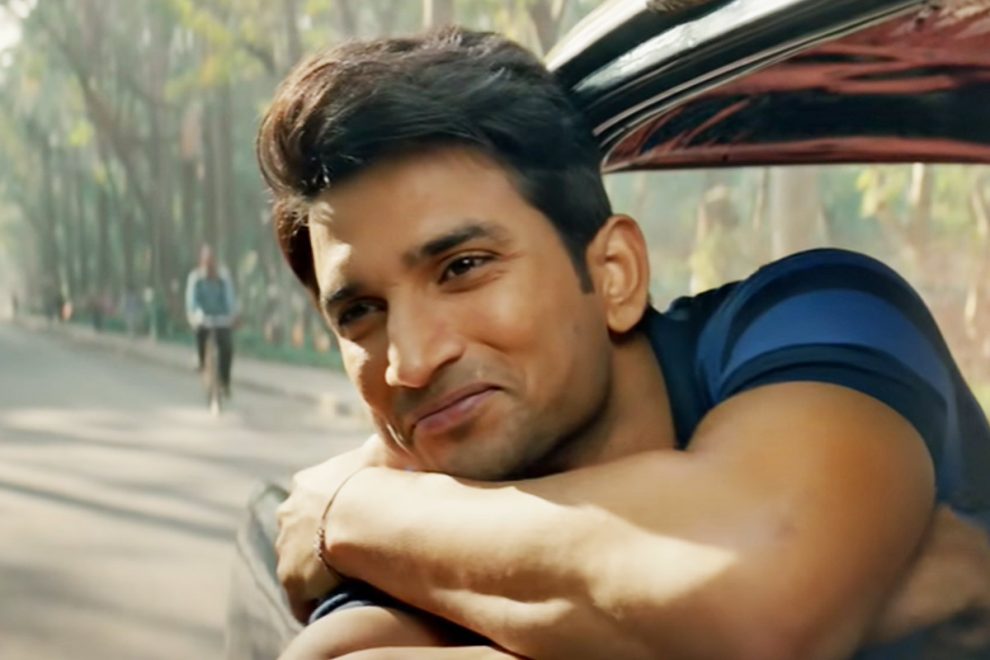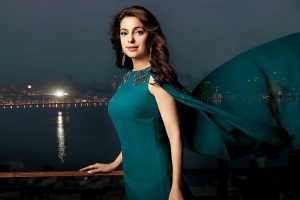TEN POINTERS OF THE JUDGMENT
- Artistic freedom cannot be caged
The Delhi High Court today has dismissed the plea filed by Sushant Singh Rajput’s father Krishna Kishore Singh seeking an injunction against film producers from releasing movies on life-related to the late actor while stating that the artistic freedom to create fictional works cannot be controlled, limited, or confined within the set boundaries.
An artist’s inspiration can come from any source, and the court cannot filter real-life events. This Court finds merit in the submission of the Defendants that details of the demise of SSR received widespread and protracted news coverage in all media, which are available in the public domain, and form a part of the public record. The Court also finds merit in the contention that if the information of events that have occurred is already in the public domain, one cannot plead any violation of the right to privacy if a movie is inspired by such events. Admittedly, there are several news reports, articles, write-ups, features, videos, etc. on this topic which are widely available in the public domain. This fact is admitted by Plaintiff in the suit. The Defendants are also quick to point out that Plaintiff has not raised any objections against author/publishers of such information, and therefore now cannot plead a violation of privacy, particularly when such movie does not use any photos, images, caricature or name of the Plaintiff’s son. If the events that form the subject matter of the film are in the public sphere, in terms of there being prior reporting of the matter in controversy, the Court does not find any justification to restrain publication of work that is claimed to be fictional and only draws inspiration from such events.
2. Breach of Privacy not asserted on ground of defamation
Breach of privacy is not being asserted on the ground of defamation. It is founded primarily on the commercial exploitation of the personality of the celebrity, which, as elaborated, can be adequately remedied by an award of damages/compensation.
3. Film is neither portrayed as a biopic nor a factual narration
Accordingly, since the Defendants films are neither portrayed as a biopic, nor a factual narration of what transpired in the life of the SSR and are depicted to be completely fictional and inspired by certain events which have occurred in the past and have been widely discussed and are available in the public domain, the Court finds no to reason to grant a restraining order.
4. Article 21 vs Article 19 (1) (a) of the Constitution
The competing rights of the parties take us to the much debatable issue which recurrently arises whenever a Plaintiff’s rights under Article 21 of the Constitution are pitted against a defendant’s rights under Article 19(1)(a) of the Constitution of India. In such cases, the courts have to strike a balance and align the rights and interests of the parties. The counsel argued that the right of free speech, in matters of news reporting, does not enjoy the same protection when it comes to matters of commercial exploitation. The argument is misconceived, and one cannot read this classification of core and non-core rights under Article 19(1) (a) of the Constitution of India. The protection and guarantee provided by the Constitution would apply with equal rigour, even if the publication leads to commercial gain. They have firmly stated that nowhere has the Plaintiff or his family or SSR’s name, image, persona, likeness etc. been used by them. The only resemblance to SSR, as Defendants have asserted, would be an imaginary dramatization of some of the events that occurred in his life.
5. Public records
Team SSR has argued that the news articles covering the death of the late actor are not verified and cannot be construed as ‘public record’ in terms of Section 2(e) of the Public Records Act and Section 74 of the Evidence Act and further relies upon Phoolan Devi vs. Shekhar Kapur judgment [(1995) 15 PTC 46], to argue that the usage of newspaper articles and reports is not to be construed as ‘public record’. However, this argument cannot discern the fact that the events relating to the life and demise of SSR are in the public domain.
6. Movie with a disclaimer and non-usage of the name of a deceased actor cannot be disallowed
Even in the case of R. Rajagopal vs. State of T.N. & Ors. [(1994) 6 SCC 632.] judgment, it was held that the Petitioners in the said case had the right to publish what they alleged to be a life story/autobiography, insofar as it appears from the public records, even without the consent or authorization of said person. Further, it was held that if they go beyond that and publish his life story, which may be evading the right of privacy, they will be liable for consequences in accordance with the law. Here, the fictional rendition for dramatic presentation based on certain events falls within the scope of artistic freedom of expression and speech.
Similarly, in the case of Ram Gopal Verma v. Amrutha Perumalla (MANU/TL/0352/2020.), the Madras High Court set aside an injunctive order against a movie made by the Appellant therein, on the ground that violation of the right of privacy cannot be pleaded by the Respondent when events which occurred in her life are already in the public domain and covered widely by the news. The court held that as long as the Respondent’s name was not used and a disclaimer was published along with the movie, the appellants cannot be disallowed from making a movie based on such events.
7. Plaintiff action is belated
Plaintiff’s action is belated. SSR passed away on 14th June 2020. News of his death was widely circulated in the media. Production of the said film was publicly announced in August 2020. Admittedly, in September 2020, Plaintiff’s counsel made a public statement that “no film, serial etc. shall be allowed on Plaintiff’s son without Plaintiff’s consent”. Defendant No. 1-3 have filed numerous documents to show that the said film was being publicized and promoted since August 2020. Therefore, Plaintiff ought to have been aware that these Defendants were in the process of producing the said film as early as September 2020. Plaintiff has filed the present suit close to the release of the said film, after substantial time, money and effort have been expended by Defendant No. 1-3 on production and promotion. For this reason, the balance of convenience lies entirely in favour of the Defendants.
8. Aspect of irreparable loss
The suit is not premised as a tortious action for defamation. It is founded on the basis of breach of celebrity/publicity rights inhering to Plaintiff. It is thus opined that if an interim order is granted, it would be difficult to compensate the Defendants in the event Plaintiff ultimately does not succeed in the suit. Whereas, the Plaintiff can always re-apply at a later juncture for an injunction, if there is a change in circumstances after the release of the said film, and has an adequate remedy of being compensated by an award of damages if the Plaintiff proves in the trial that the celebrity/publicity rights were inheritable and inured to him exclusively.
9. No knowledge of contents and tort action based on defamation would not survive death of the Complainant
The Court finds this plea to be misconceived and the allegation to be entirely speculative, based on assumptions and presumptions. Without knowing the contents of the said film and only by relying on some news articles, the late actor’s father cannot argue that the depiction in the films is intended to be tarnished by the Defendants. The Court finds no prima facie case in favour of the Plaintiff’s tort action for defamation and is impelled to reject the prayer for an injunction, in light of the law laid down in Melepurath Sankunni Ezhuthassan v. Thekittil Geopalankutty Nair (AIR 1986 SC 411) (supra, at paras 6-8), that the civil wrong or the tort action based on defamation is in personam and would not survive the death of the complainant.
10. Artist freedom to express himself
In Nachiketa Walhekar v. Central Board of Film Certification & Anr., [2018 (1) SCALE 382]. the Supreme Court held that a film, drama, novel or book is a creation of art and that an artist has his own freedom to express himself in a manner that is not prohibited in law. The Court also held that prohibitions should not, by implication, crucify the rights of expressive minds.













Add Comment